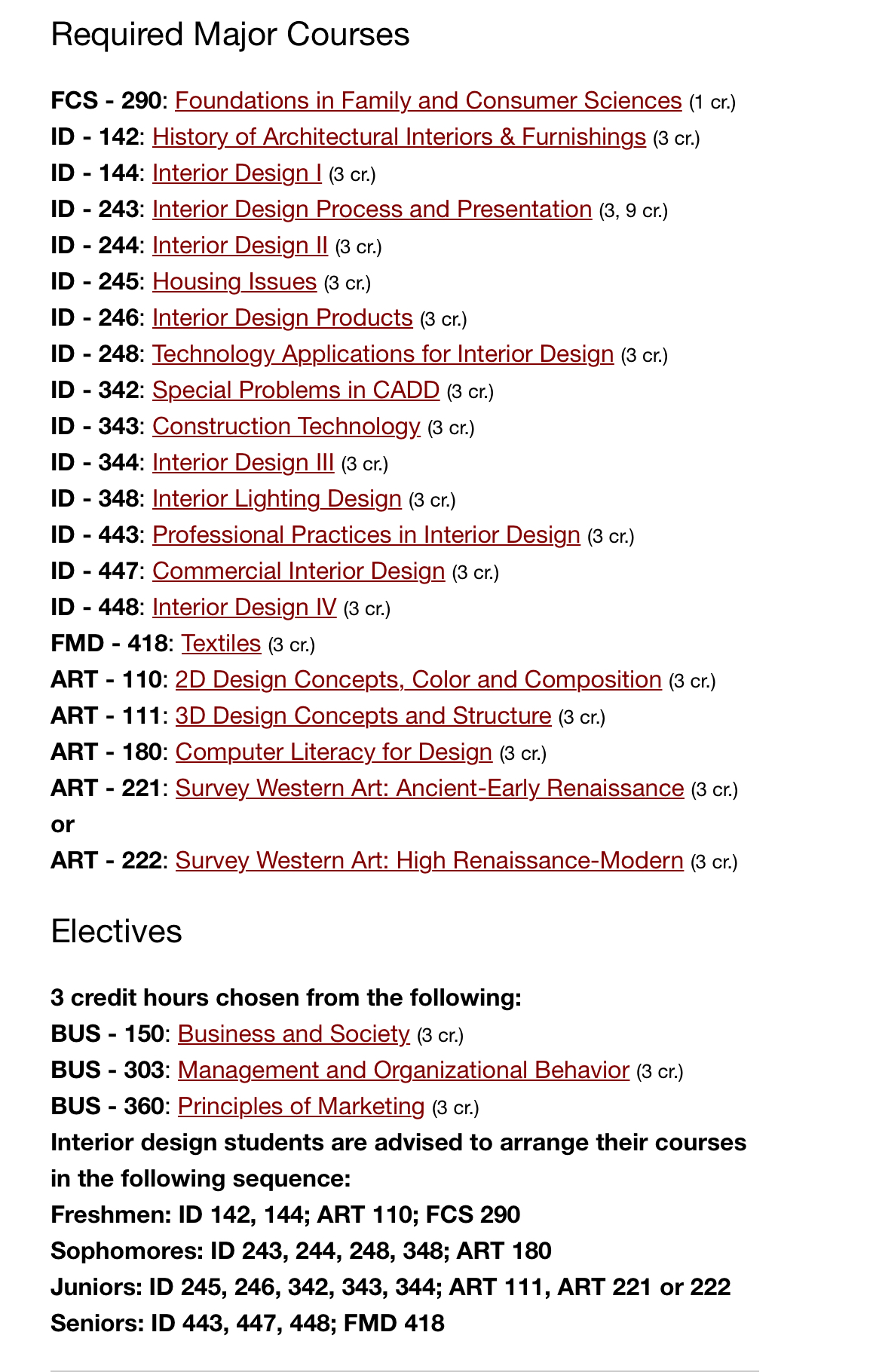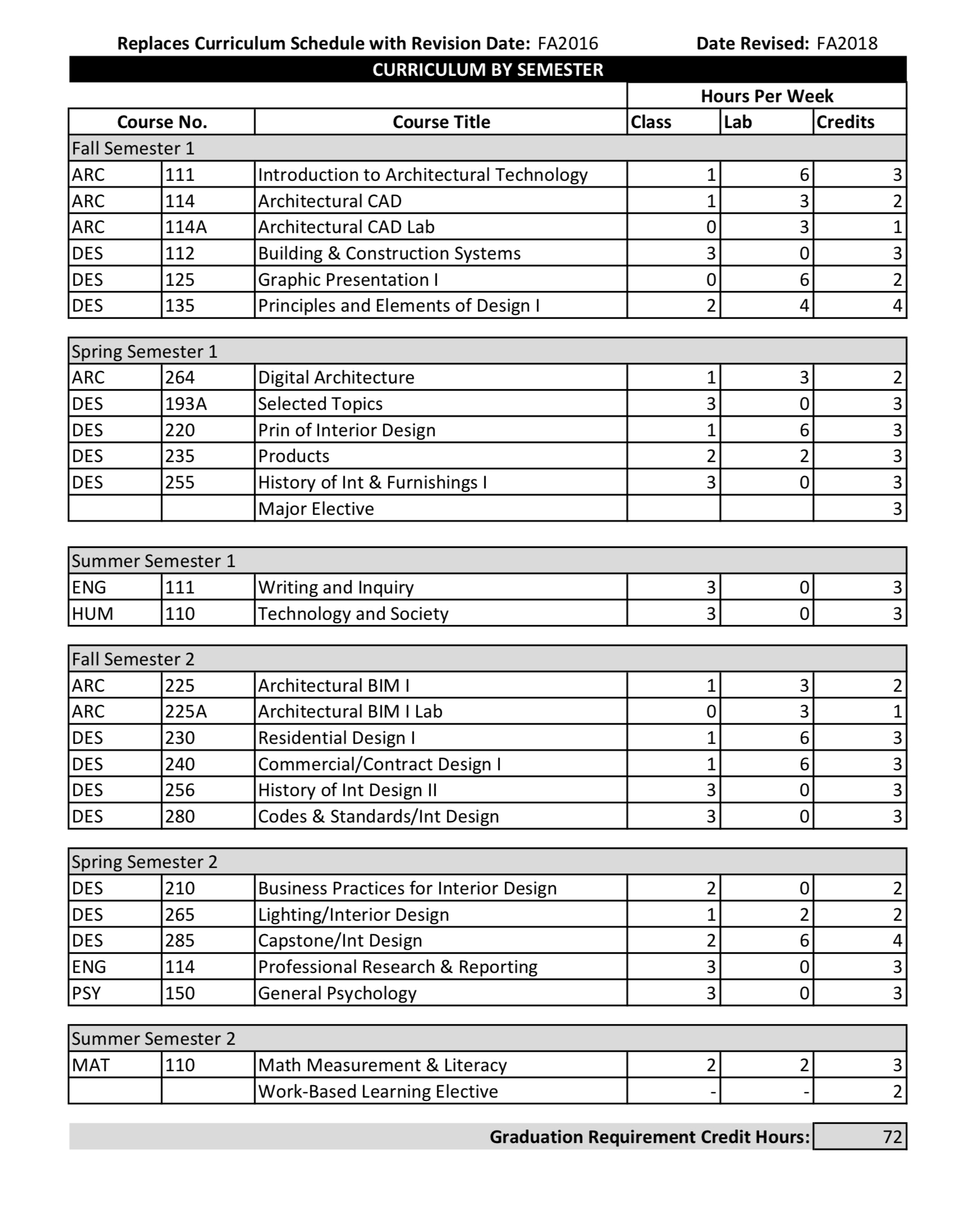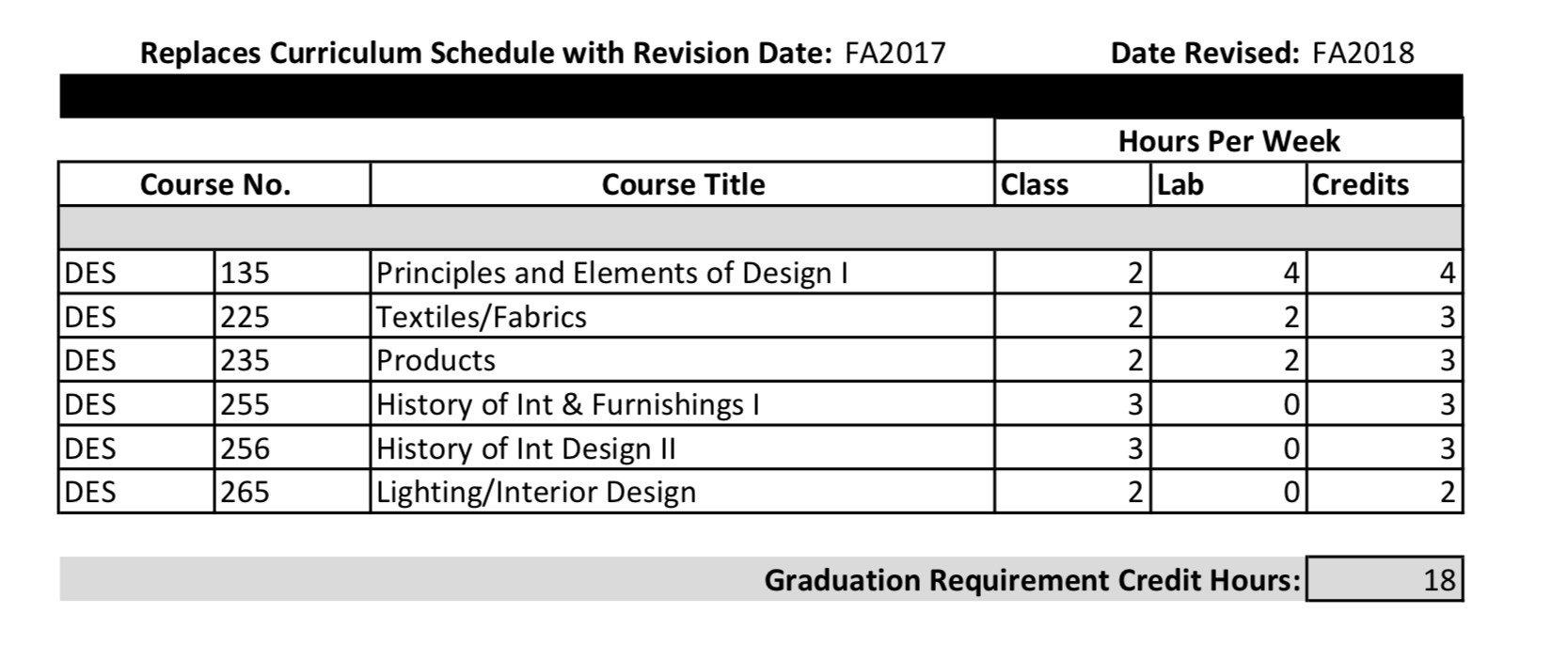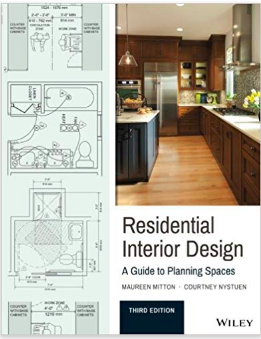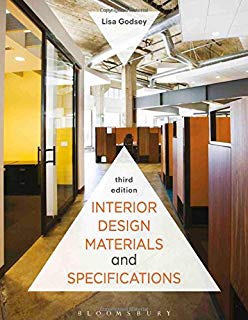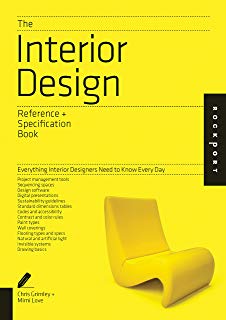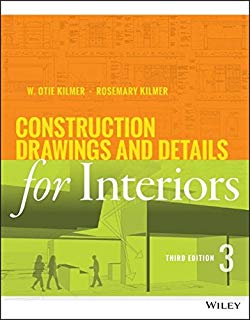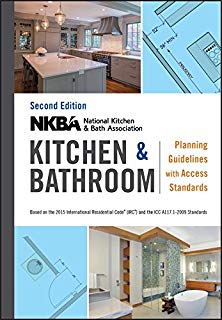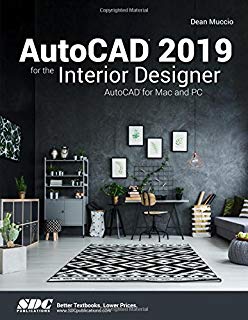Before You Enroll in Design School, Read This
Over on Instagram, I get a lot of DM questions about how to become a designer and whether or not one should pursue formal education in order to provide interior design services to clients.
As someone who completed a bachelor’s degree in interior design as a second bachelor’s degree, you would think that I am firmly PRO interior design education. If you haven’t, go back and read my whole design journey story here.
But to be completely honest, I lean more towards the opposite response. Don’t get me wrong, I am absolutely proud that I completed my degree program and I’m so grateful for the education and nurturing I received at Meredith College. However, the interior design industry as a whole is changing so quickly and what most aspiring designers desire to do for a living is NOT what is taught in design school.
What Interior Design School Did For Me
Design school provided a great base and practice of the principles of design and training to be able to professionally present ideas to clients. My professors at Meredith started us from the very basics, architectural drafted by hand, and took us all they way through photorealistic renderings. We were given a vast survey of all aspects of the design industry, from residential, office, medical, retail, hospitality and more! One of my projects was a camp for special needs children. Our instructors pushed us to think outside of the box, apply design principles and create presentations that sell those designs in a dynamic way.
The coursework was rigorous! We had history courses, technical course on architectural details and lighting design. We had 3 hour labs where we would spend countless hours preparing projects to be presented to our peers and professors. I spent many sleepless nights perfecting a project for a presentation of a hypothetical design that would never come to fruition. Those lost hours of sleep and attention to detail are an invaluable part of my training that I am so thankful for today.
When I finally finished my degree in 2014, it was a dream come true because honestly, I didn’t think it would ever happen! Not because I didn’t believe it was a possibility, but after working in the design industry in Atlanta for years, I came to realize that an interior design degree was not the key to opening the doors my designer idols had walked through!
Your Favorite Designer Didn’t Go to Design School
Many of the designers that I look up to (and you probably do too!) do not have degrees in interior design. Does that make them less talented or qualified? Absolutely not. What I learned while working in the design industry and simultaneously completing my degree is that most of the folks that I looked up to and worked for were self-taught! They poured themselves into books and designed their own homes before experimenting with friends and family. They had degrees in business, engineering, accounting, tv production and more, but had worked their way into their interior design role. They lost thousands of dollars on novice mistakes, but gained so much knowledge that they were able to translate that into a successful design business. When I met Candice Olson last year, I asked her if she thought it was important for me to sit for the NCIDQ exam, being that my education and experience qualifies me for it. She told me NO, without hesitation, and followed it up by saying that “if you have a profitable business with happy clients, that’s all the qualification you need.”
You may be interested in going to design school to accelerate your entrance into the design industry, but here are a few things that you should consider before enrolling in an interior design program.
Begin with the end in mind
Is it your dream to design airport terminals? Or perhaps you have a dream to design arena spaces or worship facilities. For those large scale interiors projects, you will need the in depth training to deal with all the trades that are involved in such projects. You’ll need to know architectural standards, engineering language, as well as the technical skills to prepare construction documentation. A lot of those foundations are laid in design school curriculums as you’ll be required to take construction and commercial design coursework. If this is your heart’s desire, then you absolutely should complete a design degree. Most all larger firms will require that of you, and by completing that program, you’ll be equipped to design those dream spaces!
Know what skills you lack
You may be the best at selecting art, styling spaces and creating custom upholstery pieces, but can you prepare floor plans and elevations? If these are skills that you would like to gain, design school may be a great fit for you! If you do not foresee yourself documenting construction plans or reflected ceiling plans, then you may not need the years of practice you’ll endure throughout design school. Taking inventory of your strength and weaknesses in comparison with your design goals will really help you discern if you need to complete a degree, seek continuing education or work experiences.
Consider the ROI
The cost for different programs varies wildly, but the average salary of a junior designer doesn’t necessarily match up! According to Glassdoor.com the average interior designer salary doesn’t even touch 6 figures at $45,000 for a starting designer, however, a bachelor’s degree in interior design cost on average $120,000. Certainly, there are many interior designers making a great living as a business owner, but the reality is if you’re working for a design firm, you’ll most likely remain around that average salary for many years. If you aspire to have a design business, that is not what is taught in design school. Entrepreneurship is a completely different endeavor than design.
Be real about what you love to do
When I worked in an architectural firm, there was a designer who was amazing at creating dynamic color schemes and demonstrating her design through 3D models that popped. That same designer was petrified to present her amazing work in front of clients. She knew that she was gifted in that area, and her team supported her gifts by taking the presentation element off her plate. Knowing what she loved to do allowed her to focus on that and thrive. If you do the same, you can spend more energy developing that and less trying to force talents that just aren’t there. So much of the design process can be outsourced if you’re working alone, or can be delegated if you’re working with a team.
Compare curriculums
You may be surprised to learn that many community colleges offer associate degrees as well as certificates in interior design. Whereas 30 years ago interior design was an industry that was reserved for the elite, now interior design professionals can be found in so many more environments. You can gain a wealth of knowledge and position yourself to execute beautifully designed projects with the coursework that you would complete in any of these programs. Although it can be alluring to choose a bachelor’s degree program from a popular university, take the time to be informed on the differences between curriculums. The programs of study can vary widely between private and public universities, and you may prefer one or the other!
So, the choice is truly personal but there is really no wrong answer. There are about 20 states in the US where you cannot call yourself an Interior Designer without being certified, so do your research and know what the law says about that for your state. That does not stop you from decorating or styling spaces, however. I wrote a whole post last year about how you can become a designer! I invite you to continue the conversation about this with me via email or by sending me a message on Instagram!
RESOURCES
There are so many amazing textbooks available on Amazon that you can purchase to gain a foundation of the principles of design. Click any of the covers below to find out more!




